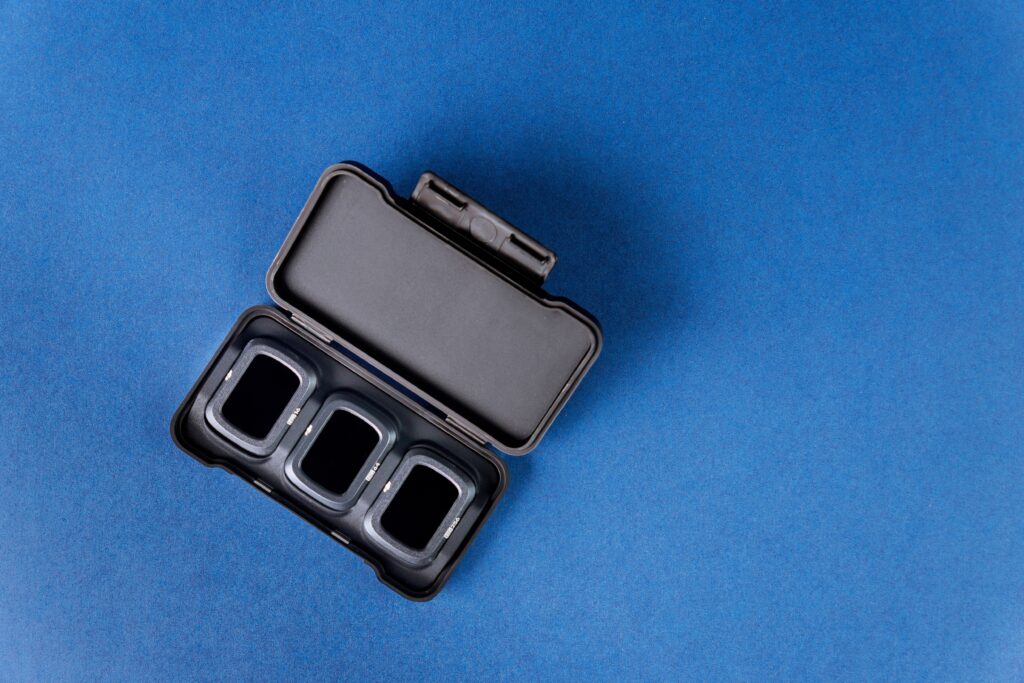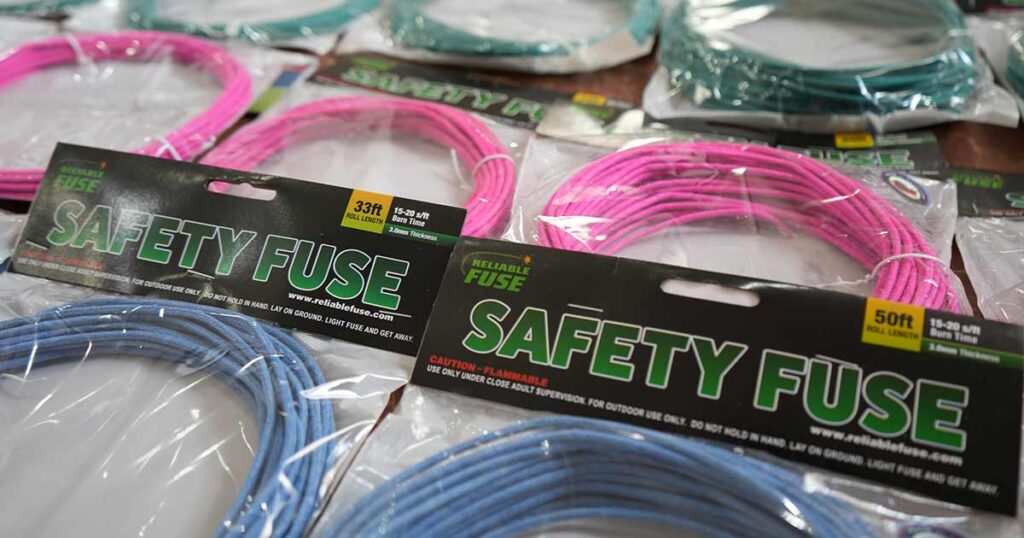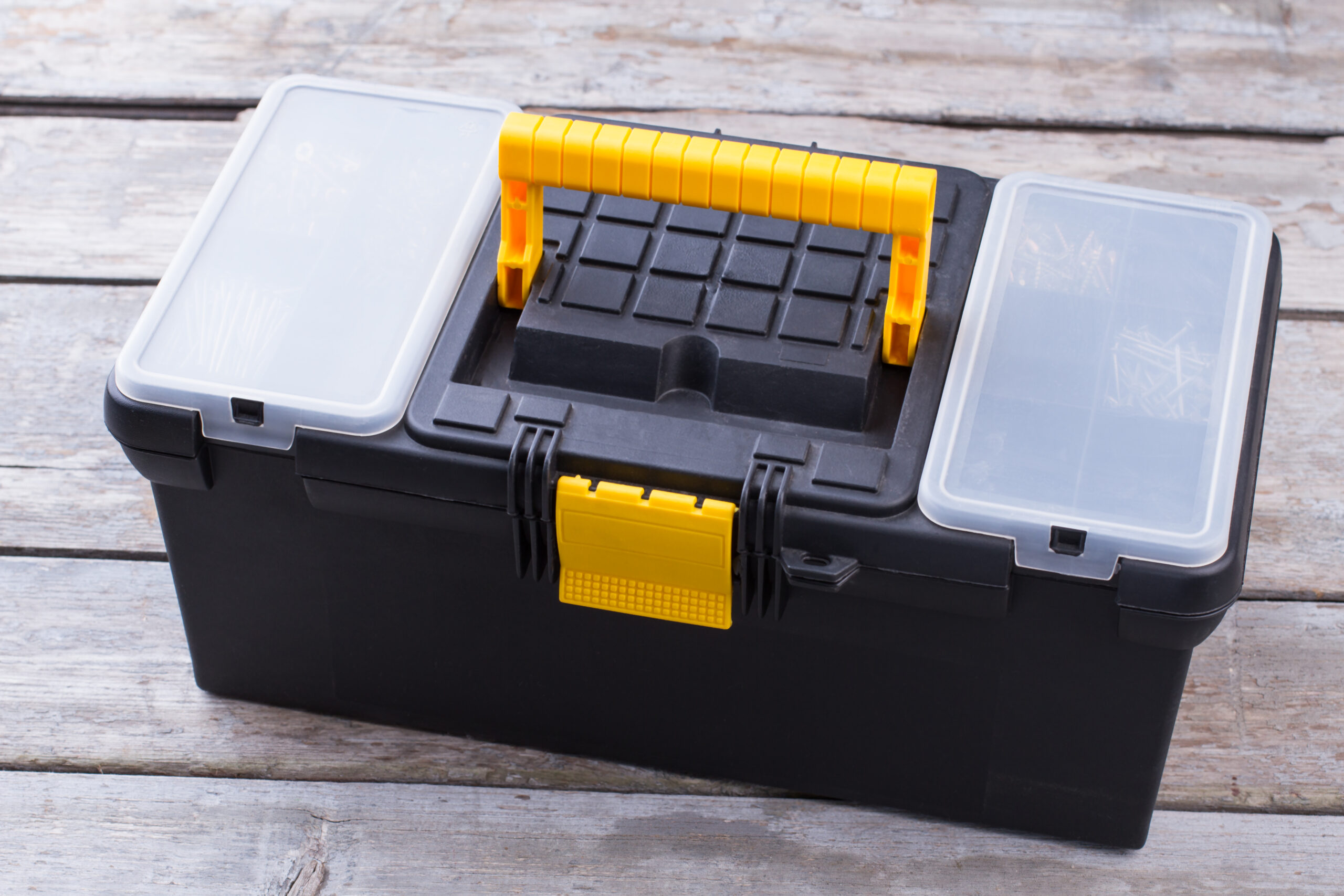If you’ve ever stocked up on Visco fuse, you already know how valuable it is to have the right size and burn rate on hand when you need it. But here’s the catch: fuse isn’t invincible. Just like any other material, it can degrade over time if it isn’t stored properly.
That’s why a few smart fuse storage tips can make all the difference between a clean, reliable burn and a fuse that sputters, cracks, or refuses to light when you need it most. Whether you’re a hobbyist tinkering with small projects or a pro stocking up in bulk, this guide will help you keep your fuse in top shape for as long as possible.
Why Proper Storage Matters
Visco fuse is designed to be tough and consistent, but it still has a shelf life. Over time, exposure to moisture, extreme temperatures, or direct sunlight can weaken the protective coating. That means an unpredictable burn rate, difficulty lighting, or even complete failure.
The good news? Storing it the right way doesn’t take much effort, you’re really just protecting it from the elements and handling it carefully. Think of it like keeping your tools sharp and rust-free: a little attention goes a long way.

The Big Four Factors That Affect Fuse Quality
1. Temperature
Heat and cold can both mess with your fuse. Storing it somewhere too hot (like a garage in the middle of summer) can cause the protective coating to soften, crack, or even melt slightly. On the flip side, freezing conditions can make the coating brittle and more prone to flaking off.
Best practice: Store your fuse at room temperature, somewhere consistently between 60–75°F (15–24°C) is ideal.
2. Humidity
Moisture is the number one enemy of any pyrotechnic material. If a fuse absorbs too much humidity, the powder inside can clump or the coating can swell and weaken. That can lead to erratic burn rates or failure to ignite.
Best practice: Keep your fuse in a dry place. If you live somewhere humid, consider using airtight containers with silica gel packs or other moisture-absorbing packets.
3. Sunlight
Direct sunlight is surprisingly damaging. UV rays can fade the color of your fuse, weaken the coating, and dry it out until it starts to crack. Once that happens, the powder core is exposed and much more likely to be damaged by air or moisture.
Best practice: Always store fuse away from windows, skylights, or other direct light sources. A closed box or drawer is perfect.
4. Handling
Every time you coil, uncoil, or bend fuse, you’re putting stress on its outer shell. Over-handling can cause tiny cracks or breaks, which affect burn consistency.
Best practice: Handle gently, cut cleanly, and avoid excessive bending. A good fuse cutter (like the Ronan Multi-Cut or a sharp pair of scissors) makes a neat cut without fraying or crushing the coating.

Fuse Storage Tips: Do’s and Don’ts
Do:
- Store fuse in a cool, dry place, ideally in a sealed container.
- Use plastic storage bins, ammo cans with rubber seals, or resealable bags with moisture absorbers.
- Label each type of fuse with its size and burn rate for quick identification.
- Keep small lengths coiled neatly and avoid tangling.
Don’t:
- Leave fuse loose in a damp basement, garage, or shed.
- Store near heat sources like radiators, stoves, or water heaters.
- Leave it in direct sunlight or under bright fluorescent lights for long periods.
- Throw it in a toolbox where it gets crushed, bent, or contaminated with oil and dust.

How Long Will Fuse Last in Storage?
When stored properly, Visco fuse can last for years without losing quality. Many hobbyists report using fuse that’s been sitting around for five or more years with no issues, provided it’s been kept dry and cool.
That said, it’s always smart to test a short piece before using older stock in a project. A quick burn test will tell you right away if the fuse is still consistent.
Extra Tips for Long-Term Fuse Care
- Rotate your stock: Use older fuse first and keep new purchases for later.
- Test before use: Always check the burn rate of fuse that’s been stored for a while to make sure it still matches the specs.
- Avoid over-cutting: Only cut what you need. Leaving fuse in longer, intact rolls helps preserve its coating.
- Keep spares handy: Accidents happen! Having a backup supply means you won’t be caught off guard.
Taking care of your fuse doesn’t have to be complicated. With just a few simple fuse storage tips, you can protect your investment and make sure it’s ready to go whenever you are. Keep it cool, dry, dark, and neatly stored, and you’ll enjoy consistent, reliable performance for years to come.
After all, a fuse is only as good as the care you give it. And when you need it most, you’ll be glad you took the time to store it right.
